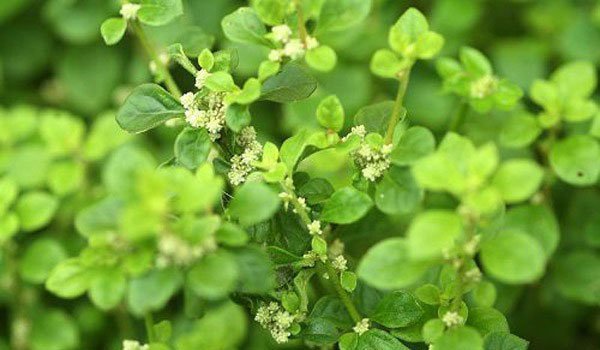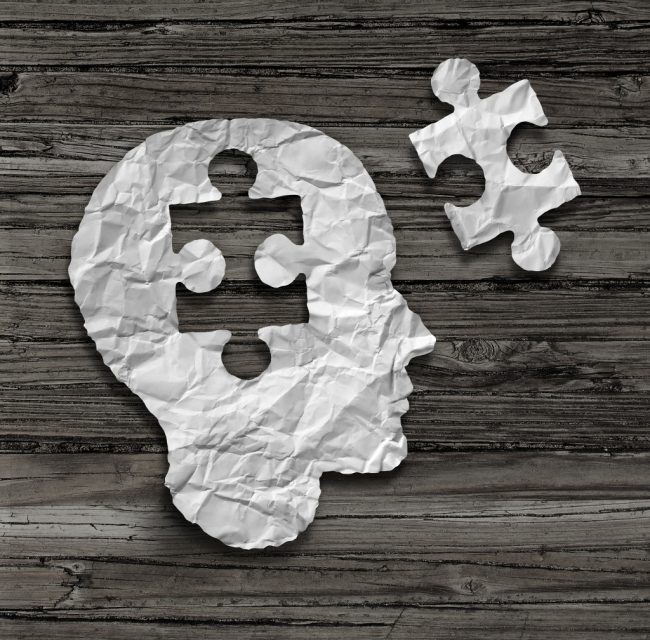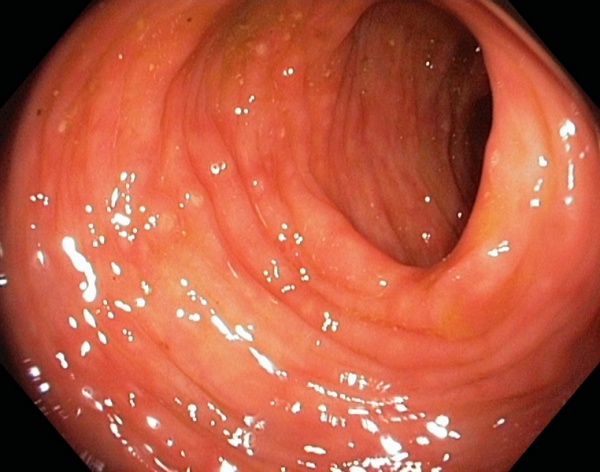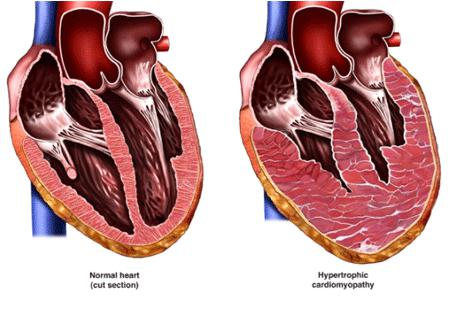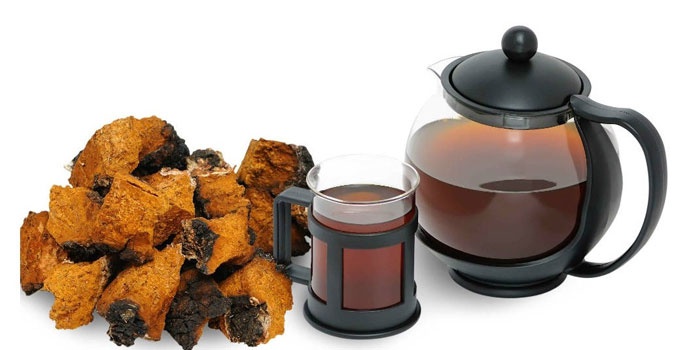What are the beneficial properties and contraindications of raspberries?
"... The raspberry berry called for a visit in the summer, ..." - and not in vain, by the way, but in order to give a person all of its unique and very useful properties. What they just don’t do with this mini-fruit: boil, freeze, dry, squeeze, insist and just eat fresh after falling off the bush ...
Sweet and at the same time sour, the berry has many positive qualities that every person knows about from childhood. But about when the use is prohibited, few people know. Are there such cases? Useful properties of raspberries and contraindications - all the most valuable information about the pink berry is a little lower!
Raspberry base: what are the berries and leaves made of?
In this plant, both leaves, flowers, and fruits have a surprisingly useful composition, so it is not in vain that people use all parts of the shrub.
useful properties in raspberries include both leaves and berries
First, about the berries, they contain:
- Vitamin PP - niacin equivalent;
- Vitamins: A, B1, B2, B5, B6, B9, C, E, H, PP;
- Beta carotene.
And yet ... Macro- and microelements, on the actions of which the beneficial properties and contraindications of raspberries are also built:
- Calcium;
- Sulfur;
- Magnesium;
- Chlorine;
- Sodium;
- Phosphorus;
- Potassium;
- Iron;
- Cobalt;
- Zinc;
- Copper;
- Fluorine.
There is a lot of water in raspberries - about 85%. Rich in carbohydrates and sugars (mono- and disaccharides), fats and proteins, acids - citric, salicylic and malic.
The leaves of the plant are no less useful, they also contain organic acids, vitamins, fiber, iodine, manganese, flavonoids and folic acid. It is believed that tea with dried raspberry leaves perfectly helps to remove toxins from the body.
"Do not miss the opportunity to cleanse your body of all toxins and harmful bacteria, as well as restore immunity and normal flora of the gastrointestinal tract.
Raspberries: positive and negative properties
Contraindications and beneficial properties of raspberries will be considered separately from the leaves, so that there is no confusion. So, the impressive composition speaks of the mass of positive qualities of the berry. The seeds must also be taken into account, which contain fatty oil, which is most often used in cosmetology and is very useful for hair and skin. By the way, it is quite expensive.
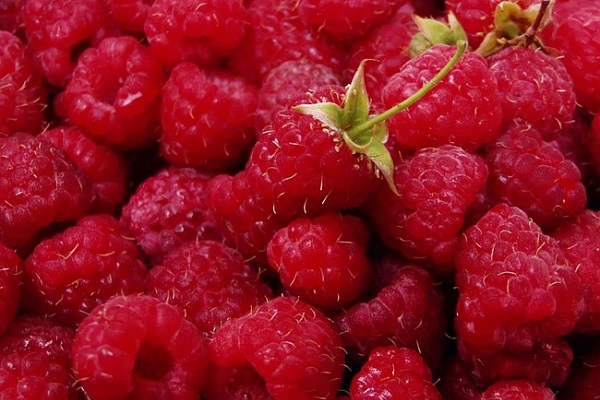
the positive and negative properties of raspberries are not commensurate - in favor of the first
Everyone will now remember about tea with raspberry jam - one of the most popular means for the prevention and treatment of colds. This is where you need to start, because such an action is achieved through a huge amount. They have a positive effect on the immune system and help to recover from illness.
It has a diuretic effect, this is no less important property in various diseases, since pathogenic microorganisms leave the body along with urine. It is known that the berry is able to fight even fungi and yeast spores.
It is not necessary to buy expensive raspberry oil to improve the condition of the hair and skin; with regular intake of fresh berries, you can achieve the result no worse.
Salicylic acid helps to get rid of joint pain, and copper will support the activity of the central nervous system, calm and improve its work. Magnesium is no less useful for the central nervous system, and it also has a positive effect on the functioning of the cardiovascular system.
Dietary fiber, better known as fiber, has a beneficial effect on the gastrointestinal tract, improves metabolism and eliminates bad cholesterol, preventing it from being absorbed.
The use of berries is contraindicated in such pathologies:
- Urolithiasis during an exacerbation;
- Gout;
- Gastritis (can be found in a separate article);
- Ulcer of the stomach and 12 duodenal ulcer;
- Individual intolerance.
Raspberry leaves: pros and cons
It's time to explore the beneficial properties and contraindications of raspberry leaves. The composition is not as large as that of berries, but, nevertheless, useful. To a greater extent, because the leaves are a source of vitamin C. They are often used not only for making tea, but also for brewing decoctions and infusions used in the treatment of colds, stomatitis, laryngitis and tonsillitis. It is recommended to gargle with the appropriate decoction in order to recover faster.
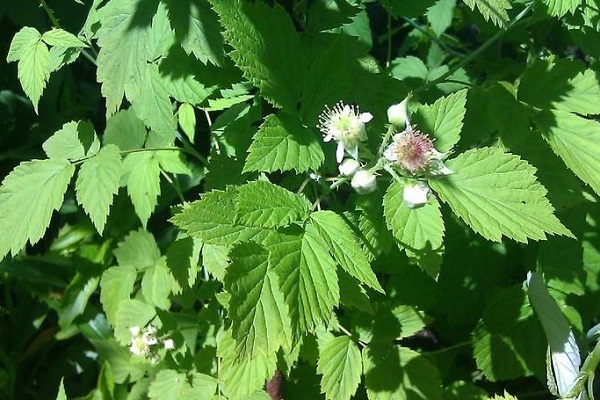
raspberry leaves have both beneficial properties and contraindications
Raspberry leaves are also used to treat acne, heal wounds, and reduce inflammation. They help get rid of various skin diseases and even cleanse blood vessels.
Contraindications:
- The leaves have a stimulating effect on the uterus, which is why they should not be consumed before the 36th week of pregnancy (described in a separate article);
- Nephritis;
- Gout;
- Chronic constipation.
The beneficial properties of raspberries and contraindications to the use of berries and leaves are incomparable, because the shrub has more favorable qualities than negative ones. But you should not neglect the restrictions on admission, so as not to aggravate the course of the existing pathology.
- Intercostal neuralgia - what is it and how to treat
- How to quickly get rid of dry corns on the legs
- How to treat left ventricular hypertrophy
- Rating of the best drugs for rotavirus for children
- Making tea from currant leaves, the benefits and harms of the drink
- How to drink hydrogen peroxide according to Neumyvakin - an oral regimen
- Features of the treatment of plantar fasciitis with folk remedies
- The composition and beneficial properties of parsley root
- How to get pregnant quickly? Folk remedies
- Herbs-ants in the "pot-bellied" period or the use of herbal medicine during pregnancy
- Why does a sore throat and dry cough occur, and what treatment is required?
- In what year did Zhirinovsky first run for office
- Who is a pedant? What is pedantry? Pedantry equals scrupulousness? Positive traits of a pedant
- Meaning of esthete Examples of using esthete in context
- what is haiku what is haiku
- Lily is a Tatar name. What does the name lily mean. Short and diminutive address
- Golden, red and black bananas
- Rule for adding square roots
- What is a can of Coca Cola made of?
- What should you remember before cloning yourself?




